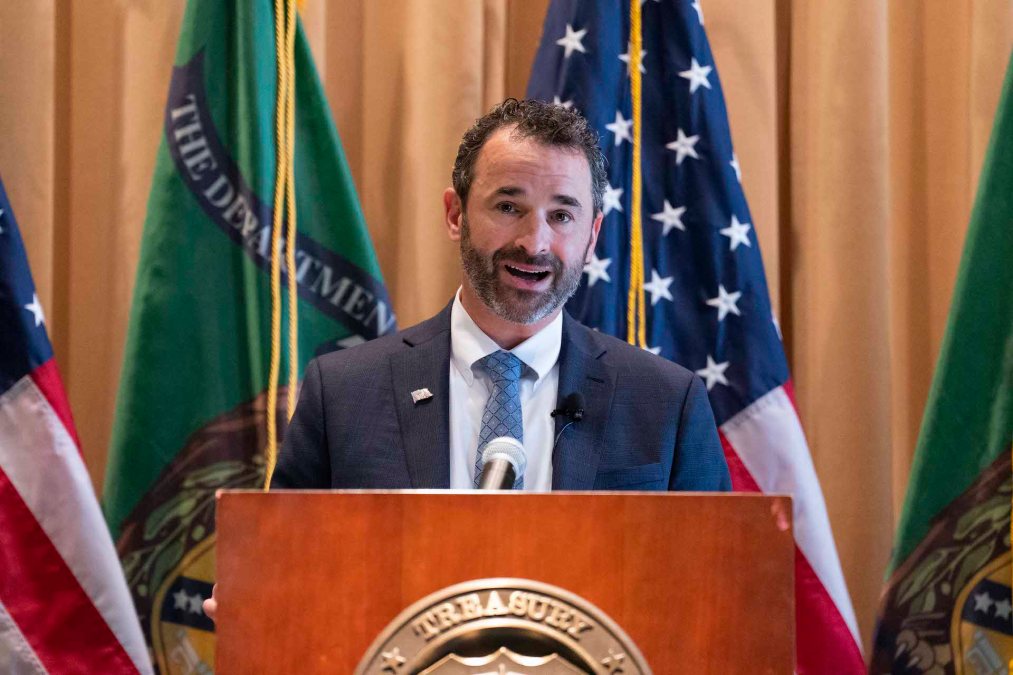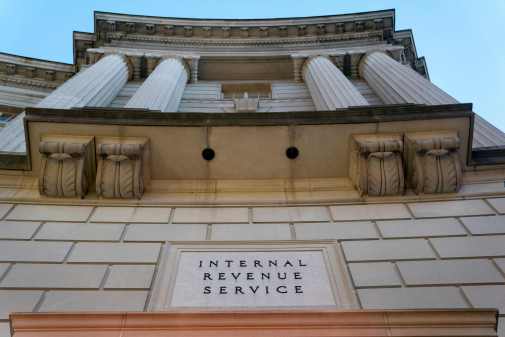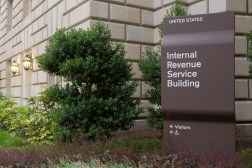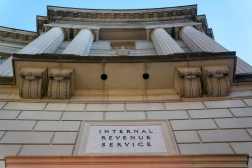IRS to use AI to crack down on millionaires and large business partnerships that owe back taxes

The IRS announced Friday that it will use new funds from the Inflation Reduction Act to adopt cutting-edge artificial intelligence tools to crack down on thousands of millionaires and dozens of large business partnerships that owe the agency considerable amounts in back taxes.
The new effort will focus on 1,600 taxpayers who have incomes above $1 million that have more than $250,000 in tax debt and large, complex business partnerships that have more than $10 billion in assets that owe the government large sums. It will not affect those earning less than $400,000 a year, the agency announced.
“This new compliance push makes good on the promise of the Inflation Reduction Act to ensure the IRS holds our wealthiest filers accountable to pay the full amount of what they owe,” said IRS Commissioner Danny Werfel. “Anchored by a deep respect for taxpayer rights, the IRS is deploying new resources towards cutting-edge technology to improve our visibility on where the wealthy shield their income and focus staff attention on the areas of greatest abuse.”
Werfel said the IRS will apply cutting-edge machine learning technology to increase IRS compliance efforts on “those posing the greatest risk to our nation’s tax system, whether it’s the wealthy looking to dodge paying their fair share or promoters aggressively peddling abusive schemes.”
Previous efforts to scrutinize millionaires who owe back taxes have allowed the IRS to collect $38 million from more than 175 high-income earners. The agency said it will build upon such efforts using new AI technology to go after those 1,600 wealthy individuals who owe hundreds of millions of dollars in taxes.
By the end of the month, the IRS will also open investigations of 75 of the largest business partnerships in the U.S. that have avoided paying taxes, including hedge funds, real estate investment partnerships, publicly traded partnerships, large law firms and other industries. On average, these partnerships each have more than $10 billion in assets.
The IRS last month also announced a new digitization program that would help enable agency data scientists to reduce tax evasion by wealthy individuals and large corporations.






